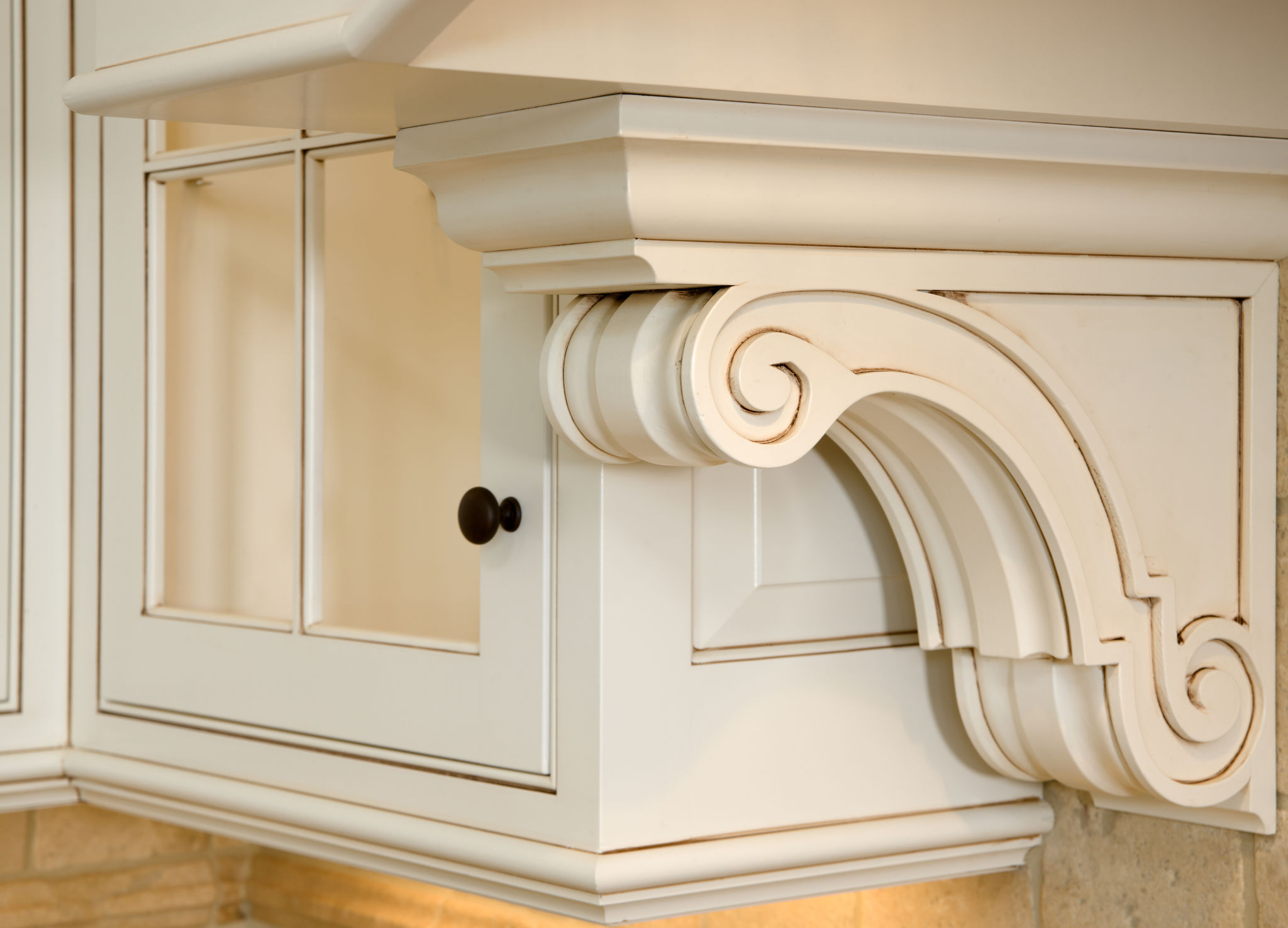Custom Woodworking vs. DIY: Making the Right Choice for Your Lincoln Project
Understanding Your Project Needs
When embarking on a woodworking project in Lincoln, one of the key decisions you'll face is whether to opt for custom woodworking or take the DIY route. Both options have their merits and can lead to a beautiful finished product. However, understanding your project needs will help you make the right choice.
Custom woodworking offers a tailored approach, allowing you to shape your vision with the help of skilled craftsmen. This option is ideal for those looking for unique pieces that perfectly complement their home or business space. On the other hand, DIY projects can be rewarding, offering a sense of personal accomplishment and potentially saving money.

Budget Considerations
Budget is often a significant factor in deciding between custom woodworking and DIY. Custom woodworking typically comes with a higher price tag due to the expertise and time involved. You'll need to factor in costs for materials, labor, and potentially design consultation fees. However, the result is often a one-of-a-kind piece tailored to your specifications.
DIY projects can be more budget-friendly, especially if you already have some basic tools and materials at hand. You can also control costs by choosing less expensive materials or reusing existing wood. Keep in mind that while DIY can save money, it may require an investment in tools if you don't already own them.
Skill Level and Experience
Your level of woodworking skill and experience should also play a role in your decision. Custom woodworking allows you to leverage the expertise of professionals who understand the nuances of design and construction. This can be particularly beneficial for complex projects or intricate designs.

For those with a passion for hands-on work and some experience in woodworking, a DIY project might be a fulfilling endeavor. DIY projects provide an opportunity to learn new skills and apply creative problem-solving techniques. However, it's essential to be realistic about your abilities to avoid costly mistakes or unsatisfactory results.
Time Commitment
Consider how much time you can dedicate to your woodworking project. Custom woodworking often involves longer lead times due to the personalized nature of the work and the craftsmen's schedule. If you're not in a hurry and want a bespoke piece, this option might suit you.
Conversely, DIY projects can be completed at your own pace, making them a flexible option for those with busy schedules. However, remember that the more complex the project, the more time it may require to achieve quality results.

The Value of Custom Craftsmanship
One of the most significant advantages of custom woodworking is the value of expert craftsmanship. Skilled artisans bring years of experience and attention to detail that can elevate your project beyond what might be achievable on your own. Custom pieces can also become heirlooms, treasured for their uniqueness and quality.
The Satisfaction of DIY
On the flip side, there's immense satisfaction in completing a DIY project. The process of transforming raw materials into a finished product with your own hands can be incredibly rewarding. DIY can also allow for more experimentation and creativity without the pressure of perfection.
Environmental Impact
Both custom woodworking and DIY projects have environmental implications. Custom woodworkers often source high-quality, sustainable materials that can last for generations, reducing waste. If sustainability is a priority, be sure to discuss material options with your chosen craftsman.

DIY enthusiasts can also make environmentally conscious choices by using reclaimed wood or eco-friendly finishes. Additionally, creating a piece yourself means you have control over every aspect of the manufacturing process, allowing you to make greener choices.
Making Your Decision
Ultimately, whether you choose custom woodworking or a DIY approach for your Lincoln project depends on your priorities, skills, budget, and timeline. Consider what aspects are most important to you – whether it's cost, craftsmanship, personal satisfaction, or sustainability – and make an informed decision based on these factors.
In either case, both paths offer the potential for creating beautiful and functional pieces that enhance your space. Take the time to assess your options carefully to ensure you achieve the desired outcome for your woodworking project.
